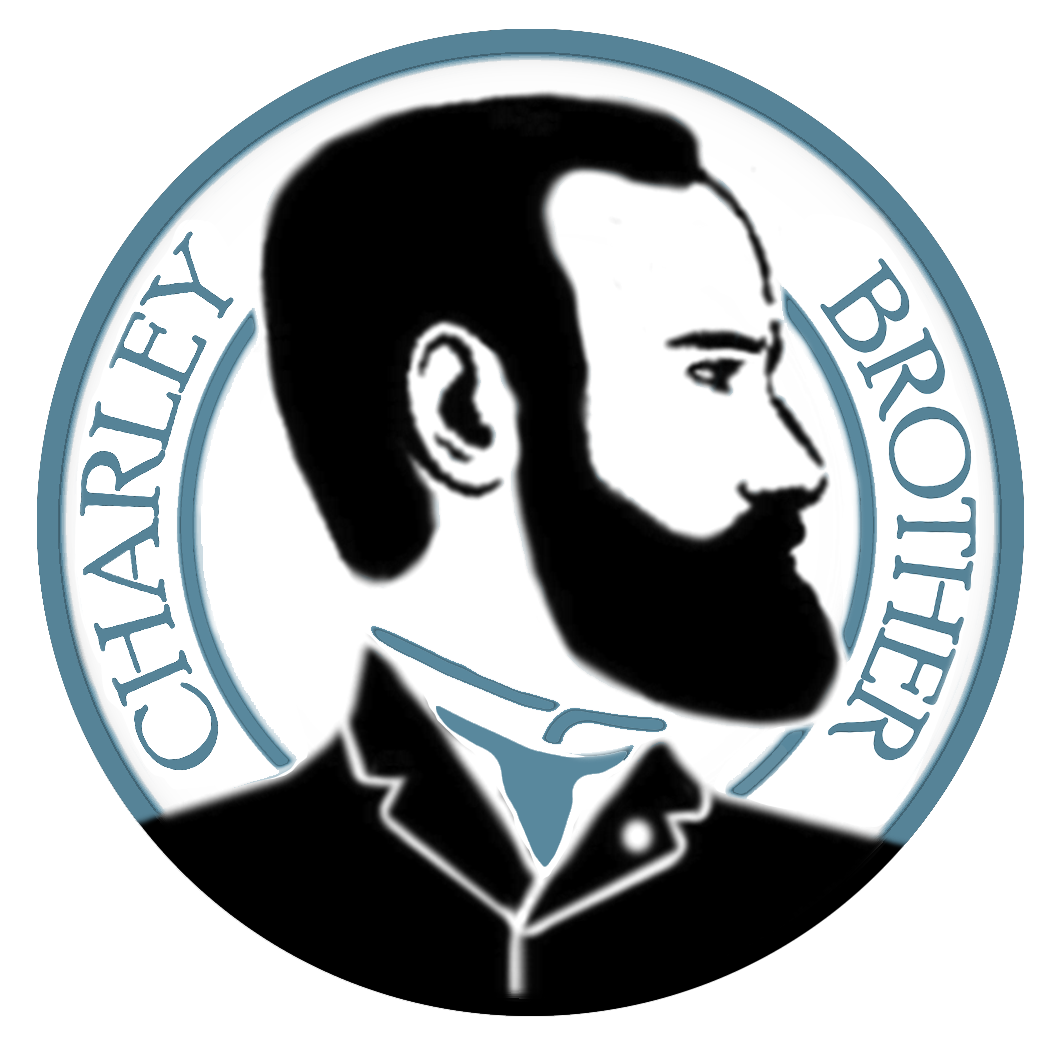The Steuben County fair in Bath, New York, was officially adopted as an annual event in 1819, the year Henry Brother started to care about prize offerings and, oddly enough, for fabrics. He had a list of other things to look over, too, if he was going to open the store with Dudley, who was not sticking with the plan to talk to the bankers, but their daughters. Henry did not want the distractions of courting now and utilized 11-year-old Mary Ann Pratt to provide cover from the claws of her older cousins, some with bucked teeth and ruddy complexions.
Mary Ann was standing behind him in line at the booth where the woman with dogs was selling pies. One of the dogs became agitated and Henry backed up to avoid the slobbery, not realizing a little object of quiet sunshine and delight was behind him. As he picked her up and helped her replace her bonnet, he recognized her as Pratt’s girl from St. Thomas Church. He never cared care two bits about—-but was now speaking of quiet seriously—-the quality and contrasting color of the piping around the draw strings, thankful that Dudley has gone to see the horses and not around to see this.
The stitching was careful and not necessary, he thought, and determined she must have had a lot of time on her hands. How rich was Mr. Pratt, anyway? She surprised him when she said, “I’m going to win a prize someday, just you watch.”
He just looked down at the top of her head.
“You don’t believe me,” she continued “Pay attention, slow-braine, so you mark this day. When we meet again you can have the satisfaction of being wrong or right, take your pick, but I am taking my prize.” Then she ran off, covering her face.
Henry Brother, disoriented, lost his place and, like an idiot he never was before, found his place at the back of the line, and from there started to think of bolts of fabrics, velvets, linen, and silk. All lined up by color in his general store.

